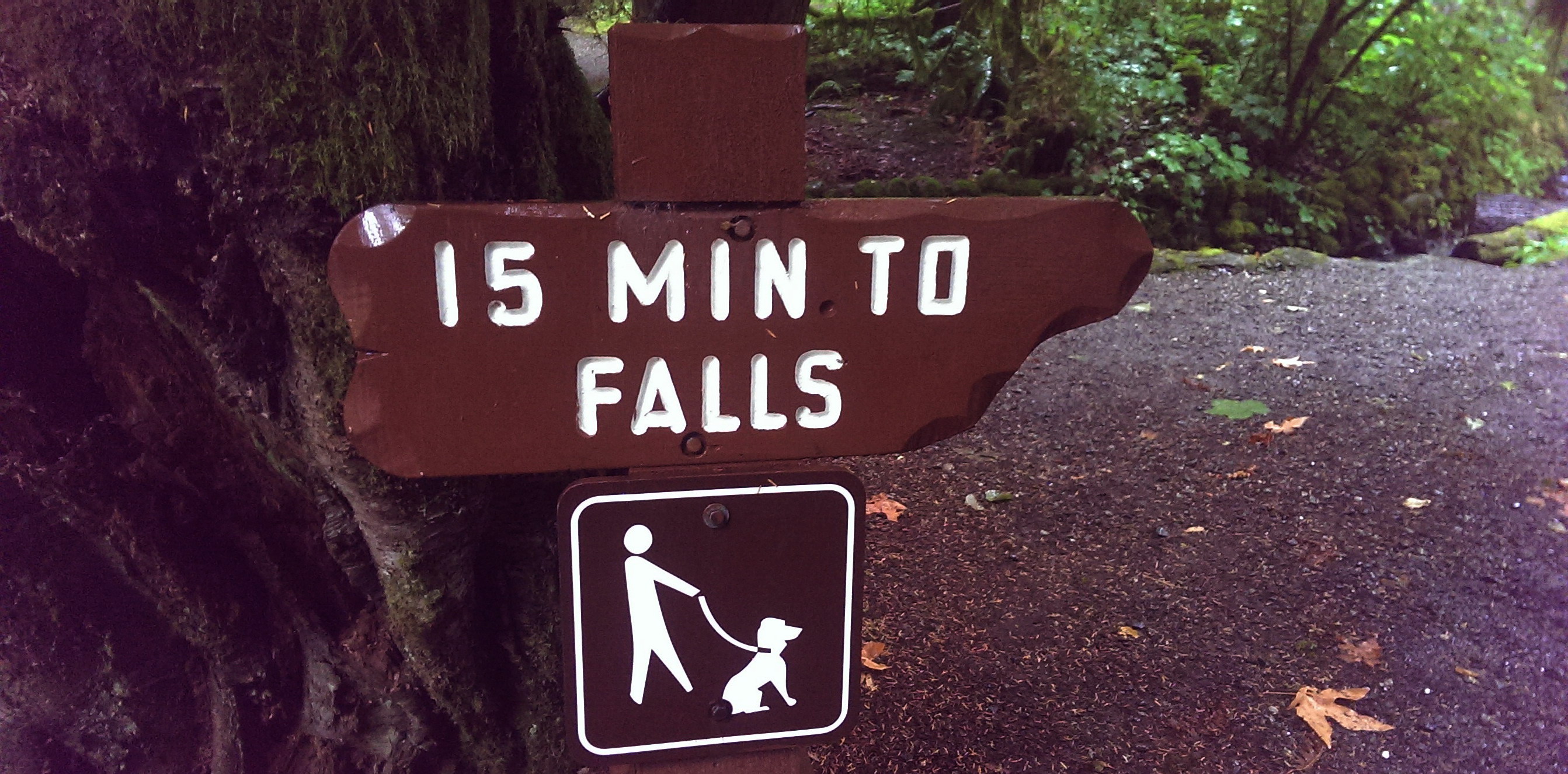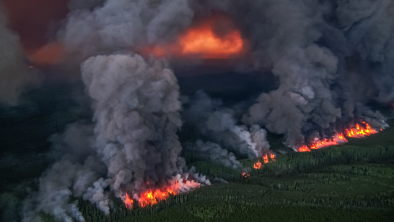Local parks open early…to industrial exploration
Wednesday, April 02, 2014
Tumbler Ridge News

Bill 4 recently passed in the BC Legislature despite strong opposition from environmentalists, who warn that the changes will drastically alter the way BC Parks are managed, and will make way for industrial incursions into provincial parks, including energy extraction, construction of pipelines and industry-led research.
The Bill was introduced in mid-February with “absolutely zero public consultation,” says Canadian Parks and Wilderness Society’s Peter Wood. “The pace at which this was pushed through suggests [consultation] was never a consideration.”
“This Bill undermines the very definition of what a ‘park’ is,” Gwen Barlee from the Wilderness Committee says, “given that our protected areas will now be open to industrial activity. This is a black day for BC Parks – the provincial government is ensuring that none of our parks are now safe from industrial development.”
According to West Coast Environmental Law staff lawyer Andrew Gage, the bill is “difficult to square” with the sentiments underlying the BC Parks Service, which claims provincial parks and conservancies are a “public trust” for the “protection of natural environments for the inspiration, use and enjoyment of the public.”
In a post on West Coast’s website, Gage writes: “The BC Parks Service says that the provincial parks and conservancies are a ‘public trust’ for the ‘protection of natural environments for the inspiration, use and enjoyment of the public.’ These noble sentiments are difficult to square with Bill 4. Bill 4 allows for industry (and others) to carry out ‘research’ in provincial parks related to pipelines, transmission lines, roads and other industrial activities that might require park land. It also reduces legal protection for smaller parks.”
According to the government, the bill brings forward three new amendments that “will provide clear and consistent direction around authorizing outdoor recreation, tourism, commercial filming and research activities in parks.”
Environment Minister Mary Polak says “The Province remains committed to protecting our natural resources, while at the same time expanding our economic activities. Strong economic growth and strong environmental stewardship can co-exist in British Columbia. However, these economic activities will not be at the cost of our environment.”
So what is “research”? That’s not defined anywhere in Bill 4, says Gage, although the government press release provides examples such as “vegetation sampling, fish surveys and geotechnical studies.”
“We know that calling something research doesn’t mean that it’s not destructive, or inconsistent with the park purposes,” writes Gage. “Does research include exploratory drilling? Ore sampling? Road building?
Gage points to research done for the proposed Prosperity Mine (which was recently rejected), included drilling of 59 test pits, eight drill holes 50 to 75 metres in depth, and ten holes roughly 250 metres in depth to collect metallurgical samples. The tests also required the creation of 23.5 kilometres of exploratory trails.
The BC Park Act creates several different types of protected areas, but most provincial parks are Class A Parks, which are “dedicated to the preservation of their natural environments for the inspiration, use and enjoyment of the public.”
A park use permit must be obtained from the Minister of Environment for anything that might disturb the park, and the permit cannot be issued unless the Minister decides that “it is necessary for the preservation or maintenance of the recreational values of the park involved” and that it will not interfere with the use of the park “in accordance with its purpose.”
“The government has sent a clear signal that it is open to having pipelines cut through our globally renowned protected areas,” said Al Martin of the BC Wildlife Federation. “The Act will now allow industrial expansion in some of BC’s most beloved parks, placing them at risk.
“The real purpose of this legislation is to further enable the government’s policy which allows industry to propose amendments to park boundaries where existing parks may be inconvenient. The anticipated wide-spread use of this policy is obviously troubling, and this provision will only legitimize these types of removal of land from parks.”
There are two other amendments in Bill 4 that also weaken protection for parks, says Gage. First, it reduces legal protection for small parks. Currently, park use permits cannot be given to allow resources to be taken from parks 2023 hectares or less in size, recognizing that small parks can be more easily affected by resource use. “Bill 4 would eliminate this restriction,” writes Gage, “allowing park use permits to be issued for resource use in the smallest parks.”
Second, it gives the Minister the power to grant park use permits to the commercial film industry as long as the filming activity “is not detrimental to the recreational values of the park,” which Gage argues is a far weaker test than whether the permit is “necessary” for the park purposes
Gage says that the new bill claims permits for research will only be considered after a “thorough review of protected area values,” yet, Gage writes, “this requirement is nowhere to be found in Bill 4.”
This amounts to a “’trust, us, we’re government’ approach,” writes Gage.


